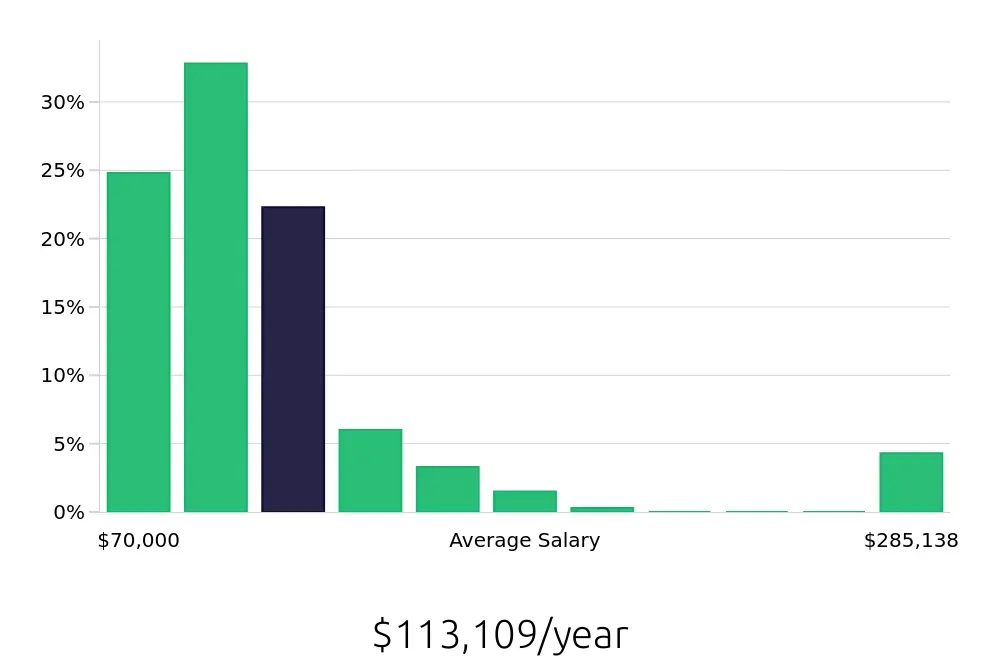What does a Respiratory Supervisor do?
A Respiratory Supervisor leads and manages the team of respiratory therapists and technicians. They ensure that patients receive the best respiratory care. This role involves overseeing the daily operations of the respiratory department. Supervisors coordinate schedules, assign tasks, and monitor the quality of care provided. They work closely with doctors and nurses to develop treatment plans for patients with breathing issues.
Respiratory Supervisors also provide training and support to their team. They ensure that staff members are up-to-date with the latest techniques and equipment. Supervisors address any concerns or challenges that the team faces. They play a key role in maintaining a safe and effective work environment. This position requires strong leadership skills, a deep understanding of respiratory care, and the ability to work under pressure.
How to become a Respiratory Supervisor?
Becoming a Respiratory Supervisor involves several important steps. It requires dedication and proper training. This role is crucial in healthcare, focusing on respiratory care for patients. Employers seek candidates with the right education and experience.
To start, one must obtain the necessary education. Typically, this involves a degree in respiratory therapy. Schools offer associate or bachelor's degrees in this field. These programs include both classroom and clinical training. They prepare students for the responsibilities of a Respiratory Supervisor.
- Earn a Degree: Complete a respiratory therapy program. Aim for an associate or bachelor's degree.
- Gain Experience: Work as a respiratory therapist. Get at least two years of experience in a hospital or clinic.
- Obtain Certification: Pass the Certified Respiratory Therapist (CRT) exam. This is a requirement for most supervisors.
- Advance to Leadership: Seek positions with more responsibilities. Apply for roles that require supervision and management skills.
- Continue Education: Stay updated with the latest in respiratory care. Attend workshops and take advanced courses.
How long does it take to become a Respiratory Supervisor?
Gaining the title of a Respiratory Supervisor involves several steps and time commitments. Typically, one starts with a high school diploma or GED. Following this, a Respiratory Therapist program at a community college or vocational school is necessary. These programs generally last two years. Completing this education equips the individual with the foundational skills required for the job.
After completing the educational program, new graduates enter the workforce as Respiratory Therapists. Experience in this role is crucial for advancement. Most employers seek candidates with two to five years of hands-on experience. During this period, professionals learn the intricacies of the job, build a network, and gain valuable insights into patient care and management. Gaining these experiences sets the stage for moving into a supervisory role, which often demands a blend of clinical expertise and leadership skills.
Respiratory Supervisor Job Description Sample
The Respiratory Supervisor is responsible for overseeing and managing respiratory care services within a healthcare facility. This role involves coordinating with medical staff, ensuring quality patient care, and managing department operations.
Responsibilities:
- Supervise and coordinate the activities of respiratory care staff.
- Ensure the provision of high-quality respiratory care services to patients.
- Oversee the maintenance and calibration of respiratory equipment.
- Develop and implement respiratory care policies and procedures.
- Coordinate with other healthcare professionals to ensure integrated patient care.
Qualifications
- Bachelor's degree in Respiratory Therapy or a related field.
- Current licensure as a Respiratory Therapist.
- Minimum of 3-5 years of experience in respiratory care, with supervisory experience preferred.
- Knowledge of respiratory care equipment and technology.
- Strong leadership and management skills.
Is becoming a Respiratory Supervisor a good career path?
A career as a Respiratory Supervisor can be both rewarding and challenging. This role involves overseeing respiratory care services in a healthcare setting. It requires a mix of clinical knowledge and management skills. Respiratory Supervisors ensure that respiratory care teams provide high-quality care to patients with breathing disorders. They play a key role in coordinating care and managing staff.
Working as a Respiratory Supervisor has many benefits. One of the main pros is the opportunity to make a real difference in patients' lives. Respiratory Supervisors help people who need help breathing. They also have the chance to lead and mentor a team of respiratory therapists. This role allows for professional growth and development. However, it also comes with its own set of challenges. Respiratory Supervisors must handle high-stress situations and make quick decisions. They also need to work long hours, sometimes including nights and weekends. It is a demanding job that requires dedication and commitment.
Consider these pros and cons before pursuing a career as a Respiratory Supervisor:
- Pros:
- Helping people in need
- Opportunities for professional growth
- Leadership roles
- Cons:
- High-stress environment
- Long and irregular hours
- Need for continuous learning
What is the job outlook for a Respiratory Supervisor?
The field of respiratory care offers promising career opportunities for job seekers. The Bureau of Labor Statistics (BLS) reports an average of 51,700 job positions available per year for Respiratory Supervisors. This role involves overseeing respiratory therapy staff and ensuring high-quality patient care. With a strong demand for respiratory services, this profession remains a stable career choice.
Job outlook data from the BLS indicates a positive trend for Respiratory Supervisors. From 2022 to 2032, job openings are expected to increase by 14.2%. This growth highlights the ongoing need for skilled professionals in healthcare settings. Respiratory Supervisors can expect job security and potential career advancement opportunities in this expanding field.
Respiratory Supervisors enjoy competitive compensation. According to the BLS, the average national annual salary stands at $92,670. On an hourly basis, the average compensation is $44.55. These figures reflect the importance and value of the role within the healthcare industry. For job seekers, this means attractive earning potential along with fulfilling work that makes a difference in patient health.
Currently 114 Respiratory Supervisor job openings, nationwide.
Continue to Salaries for Respiratory Supervisor


